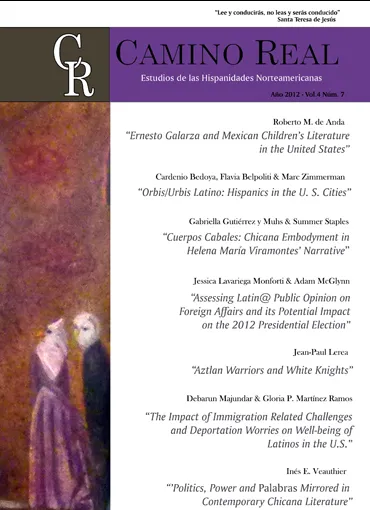
This text explores the effects of U.S. cities on Latinos and of Latinos on the cities. We argue that the mediation of varied urban spaces is important to shifting patterns of Latino development in which distinct Latino and Latin American populations come to achieve some differential unity as “Latinos” and begin to impact other groups and the overall societies in which they live. The essay focuses on Latinization as the impact of Latinos on the values of other people and on cities and urban processes; our goal is to establish the bases for understanding Latinization as the story of the struggles of a heterogeneous community subject to worldwide forces. In the future, Latinos will face constant efforts to maintain original cultural identifications while they adapt to new local and global processes. Without radical changes, a growing mass of unskilled, poorly educated and semi-literate workers will be immersed in a technologically advanced and capital-intensive society. Latinized cities are the spaces wherein reside possible positive dynamics that may change the scenario.


